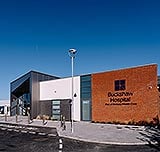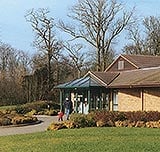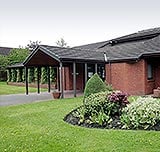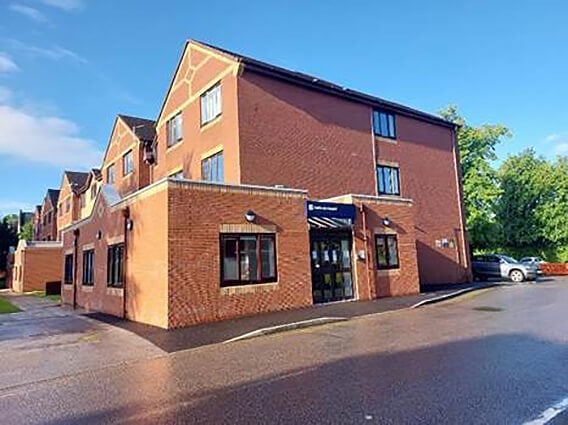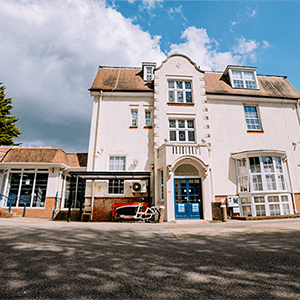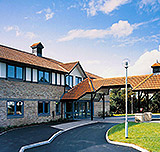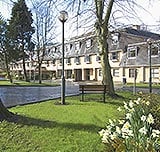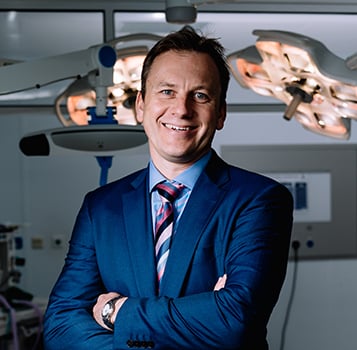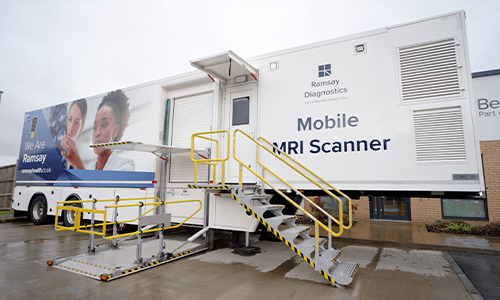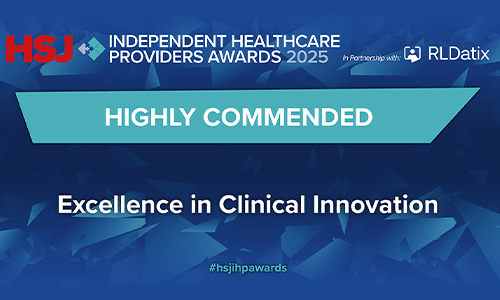What is Acupuncture?
Acupuncture is an ancient Chinese medicine that inserts fine needles into specific sites of your body to relieve pain and help you return to good health.
Health practitioners insert needles at different locations and depths to treat different health issues. Acupuncture can be used on its own or in combination with other treatments, such as physiotherapy to treat a range of musculoskeletal conditions.
Studies show that acupuncture can help manage chronic pain, headaches, and migraine. Acupuncture is a NICE (National Institute for Health & Care Excellence) recommended treatment for these. Chronic pain can include neck, shoulder, lower back, hip, jaw, face, and arthritic pain. Many people also find acupuncture helps with fatigue, anxiety, depression, digestive disorders, asthma and hay fever, and period, menopausal, and fertility issues.
